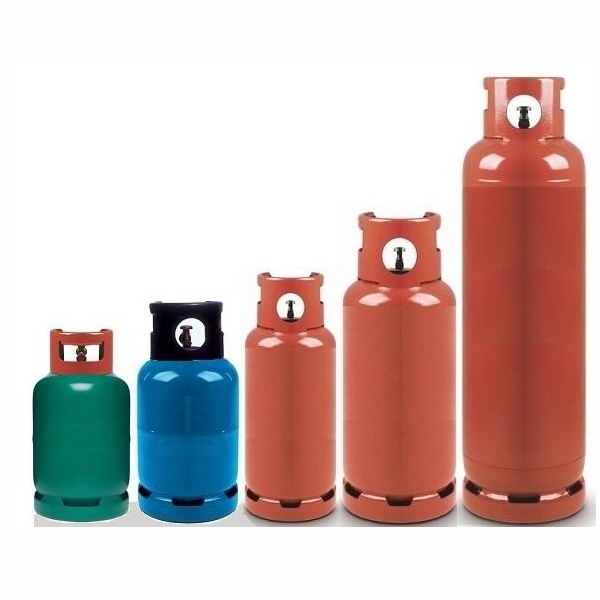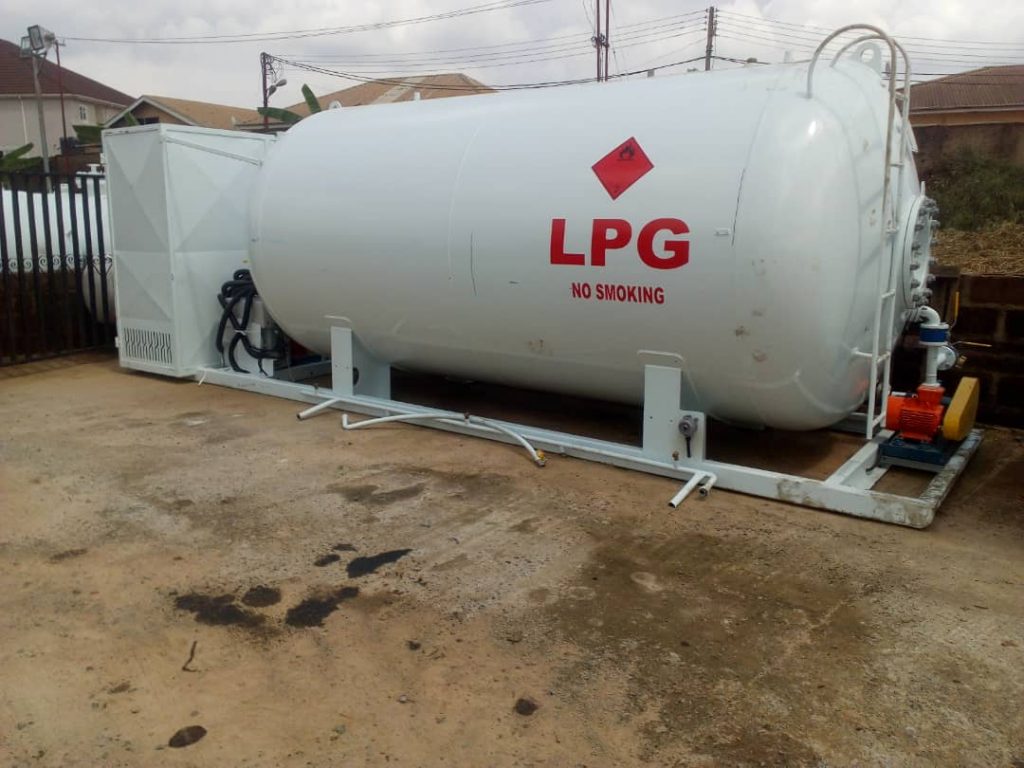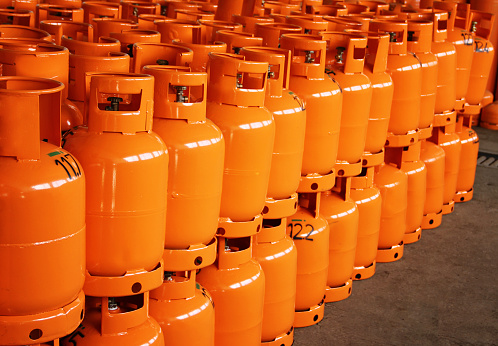Baru mentioned other areas of possible collaboration to include legal and regulatory framework, noting that synergy in these areas could enhance the abundant opportunities inherent in the new oil and gas discoveries across the continent.
The NNPC GMD said opportunities in the African oil and gas industry would not be fully tapped if African countries fail to address critical issues of lack of infrastructure, legal and regulatory impediments, and transparency issues.
Citing the proposed Nigeria-Morocco Gas Pipeline as an example of the type of infrastructural collaboration needed across the continent, he disclosed that the project would traverse at least fifteen (15) West-African countries with intake and off take points in the various countries before it links with the existing Maghreb-Europe Gas Pipeline in northern Morocco.
“The feasibility study has been concluded and the pre-FEED (Front End Engineering Design) optimisation study is currently ongoing. While this pipeline will help in electrification and industrialisation of these countries, it will also meet the needs of European consumers for heating,” Baru remarked.
He described NIPS as a veritable platform to help galvanise Africa’s response to global oil and gas challenges, stressing that it is the melting pot to meet, discuss and share ideas on how to move, not just the Nigerian oil and gas industry, but also the economies of the various countries in the continent forward.
On his part, the Minister of State for Petroleum, Dr. Ibe Kachikwu, who also represented President Muhammadu Buhari, said the time has come for players in the oil and gas industry to “think Africa, think collaboration and think the future”.
The theme for this year’s summit is, “Shaping the Future through Efficiency and Innovation”, with a sub-theme for the first day as: “Africa on the Global Stage: International Collaboration, Opportunities and the Future”.




